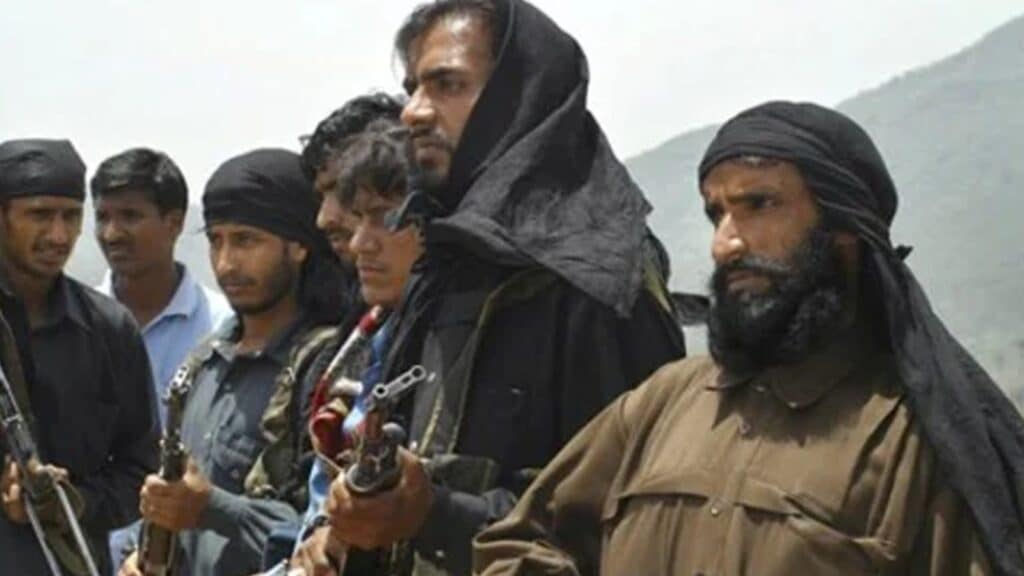Inam Ullah Marwat, head of the Qaumi Lashkar in Lakki Marwat, narrowly survived a remote-controlled blast — the second assassination attempt on him in just one week. Interestingly, the Tehrik-e-Taliban Pakistan (TTP) has now denied involvement in the attack, blaming state institutions instead.
However, this sudden disassociation appears to be driven by fear of public backlash, especially after Inam Ullah claimed to have neutralized three militants. The TTP’s denial contradicts its past patterns and exposes its growing insecurity. As the group faces increasing resistance and resentment among the local Pashtun population, its grip on the region continues to weaken.
In recent months, community-led resistance against militancy has gained momentum in Khyber Pakhtunkhwa, with tribal elders and local militias like the Qaumi Lashkar openly confronting extremist elements. Inam Ullah Marwat has emerged as a key figure in this resistance, making him a frequent target. The repeated attacks on him suggest desperation within the TTP ranks, while their quick denial reflects a calculated attempt to avoid further alienation from the very communities they once manipulated through fear. The tide is visibly turning as more locals reject the TTP’s narrative and demand lasting peace and security.





